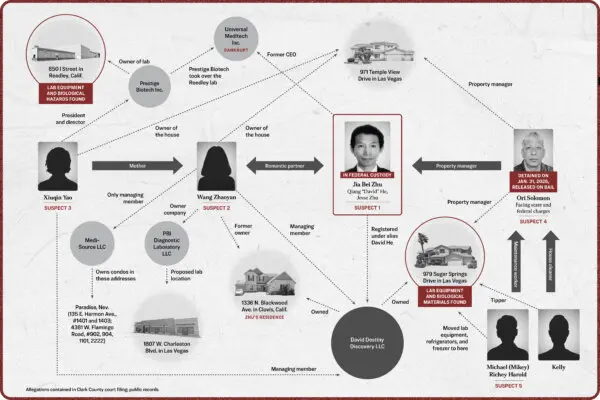A new Epoch Times poll explores readers’ views on the standoff between Harvard University and the Trump administration after the institution declined to comply with a list of conditions for addressing campus anti-Semitism and ending diversity, equity, and inclusion (DEI) programs.
Epoch Readers Back Trump’s Stance on Harvard, Stricter Oversight of Elite Universities: Poll
Save










